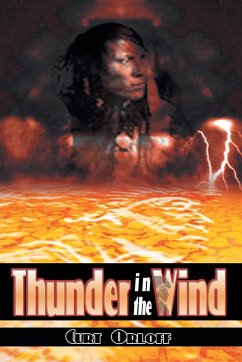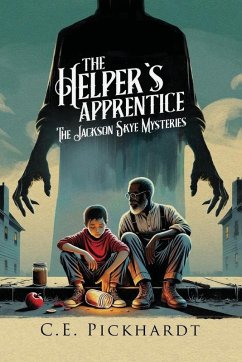
Thunder In the Wind
Versandkostenfrei!
Versandfertig in 1-2 Wochen
21,99 €
inkl. MwSt.
Weitere Ausgaben:

PAYBACK Punkte
11 °P sammeln!
The historical novel "Thunder in the Wind" tells the story of the deculturation of Indians living on reservations in the late eighteenth century. Being subjugated to an Indian Bureau that adhered to the ethic that was fashionable at the time of "white man's burden" is how the Assiniboine, and one family in particular, dealt with the story. The main character's attitude was just as perplexing and ineffective as everyone else's. He had been lost for a long time. People who are living through the destruction of their culture now can sympathize with his mother's path while also understanding the r...
The historical novel "Thunder in the Wind" tells the story of the deculturation of Indians living on reservations in the late eighteenth century. Being subjugated to an Indian Bureau that adhered to the ethic that was fashionable at the time of "white man's burden" is how the Assiniboine, and one family in particular, dealt with the story. The main character's attitude was just as perplexing and ineffective as everyone else's. He had been lost for a long time. People who are living through the destruction of their culture now can sympathize with his mother's path while also understanding the road he ultimately took. To save her family, she desired to accept subordination and the giving up of her tradition and heritage. Her son's revolt employed strategies akin to those employed by people who use fear to intimidate and subdue opponents today. The way things worked out and how he handled his disagreement with his mother demonstrated how common the issue is. It is a metaphor for the times we live in.













